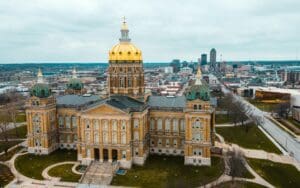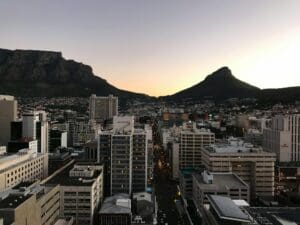See original post here.
Leftist social movements protested here Wednesday in front of the Casa Rosada, the seat of the Argentine government, to demand more aid for the poor and the jobless.
Activists filled the streets of Buenos Aires as they made their way to the Plaza de Mayo, the vast central square that is home to the presidential palace, Congress and various government ministries.
The marchers demanded a meeting with the new economy minister, Sergio Massa, who took office last week with expanded powers, to present their proposals for measures to help the unemployed and precarious workers.
And they vowed to remain in the square until they get a response.
“A week has passed since the accession of Massa as super-minister with superpowers only to apply a policy of austerity at the service of the pact with the IMF and enrichment of the business class. There is not one measure for those of us who are most harmed by austerity,” protest organizers said in a statement.
President Alberto Fernandez’s government recently announced a package of austerity measures pursuant to the accord signed in March with the International Monetary Fund to reschedule some $45 billion in debt to the Washington-based lender.
The demonstration came a day ahead of the Central Bank’s release of a report on last month’s inflation.
Prices climbed 64 percent in the 12 months ending June 30 and the soaring cost of living is expected to drive the official poverty rate above 40 percent by year’s end.
More than 37 percent of the population was living below the official poverty line at the end of 2021, while 8.2 percent of Argentines were classified as indigent.
The left is advocating steps that include a greater provision of food to soup kitchens, creation of a universal basic income equivalent to the cost of food at subsistence level, across-the-board pay hikes for workers in both the public and private sectors and a boost to the minimum retirement pension.
Vice President Cristina Fernandez, who was head of state from 2007-2015, has expressed support for the idea of a universal basic income and is not enthusiastic about the agreement with the IMF.
During the 2003-2007 presidency of the late Nestor Kirchner (Cristina Fernandez’s husband), Argentina paid off its obligations to the IMF and successfully rescheduled most of the sovereign debt that forced Buenos Aires to default in early 2001.
But the conservative who succeeded Cristina Fernandez as president, Mauricio Macri, turned to the IMF in 2018, borrowing $44.5 billion after the Argentine peso plunged against the dollar despite desperate measures that included raising the benchmark interest rate to 40 percent.
Argentina was in recession when Alberto Fernandez took office in December 2019 and the Covid-19 pandemic worsened the country’s economic woes.




















